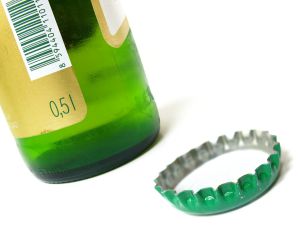By Sadaf Rauf, staff writer for The Attached Family publications
 Adolescent use of illicit drugs and alcohol has become a pervasive problem in contemporary society. The National Institute on Drug Abuse (NIDA) 2008 survey found that, by the time U.S. adolescents reach 12th grade, 47% have taken an illicit drug and 72% have used alcohol in their lifetime. Of eighth graders, 28% have used an illicit substance and 39% have tried alcohol. To add to the picture, 55% of 12th graders and 18% of eighth graders have reported being drunk at least once in their lives.
Adolescent use of illicit drugs and alcohol has become a pervasive problem in contemporary society. The National Institute on Drug Abuse (NIDA) 2008 survey found that, by the time U.S. adolescents reach 12th grade, 47% have taken an illicit drug and 72% have used alcohol in their lifetime. Of eighth graders, 28% have used an illicit substance and 39% have tried alcohol. To add to the picture, 55% of 12th graders and 18% of eighth graders have reported being drunk at least once in their lives.
Parenting Style Matters
There are certain types of parenting styles that increase the likelihood that adolescents will abuse drugs or alcohol. According to a 2002 University of New Hampshire Cooperative Extension “Parenting Style: Does It Matter?” Teen Assessment Project, the “lowest prevalence of teen use of alcohol, tobacco, or marijuana was found for teens who reported that both parents had a democratic parenting style.”
In democratic, more commonly known as Authoritative Parenting, approaches, parents set rules and guidelines that they expect children to follow, but they also recognize that sometimes flexibility is called for. Authoritative parents often express love and affection to their children without fear that such expressions of emotion may affect their ability to discipline. As their children get older, authoritative parents encourage more responsibility and freedom within defined rules. The American Academy of Pediatrics and other children’s health organizations state that children of authoritative parents usually grow up to be independent, socially successful, and respectful of authority. Continue reading Parenting Style Matters in Substance Abuse Prevention